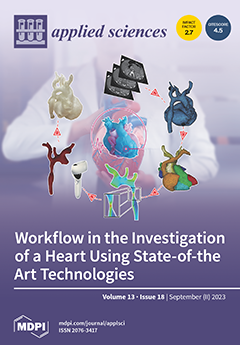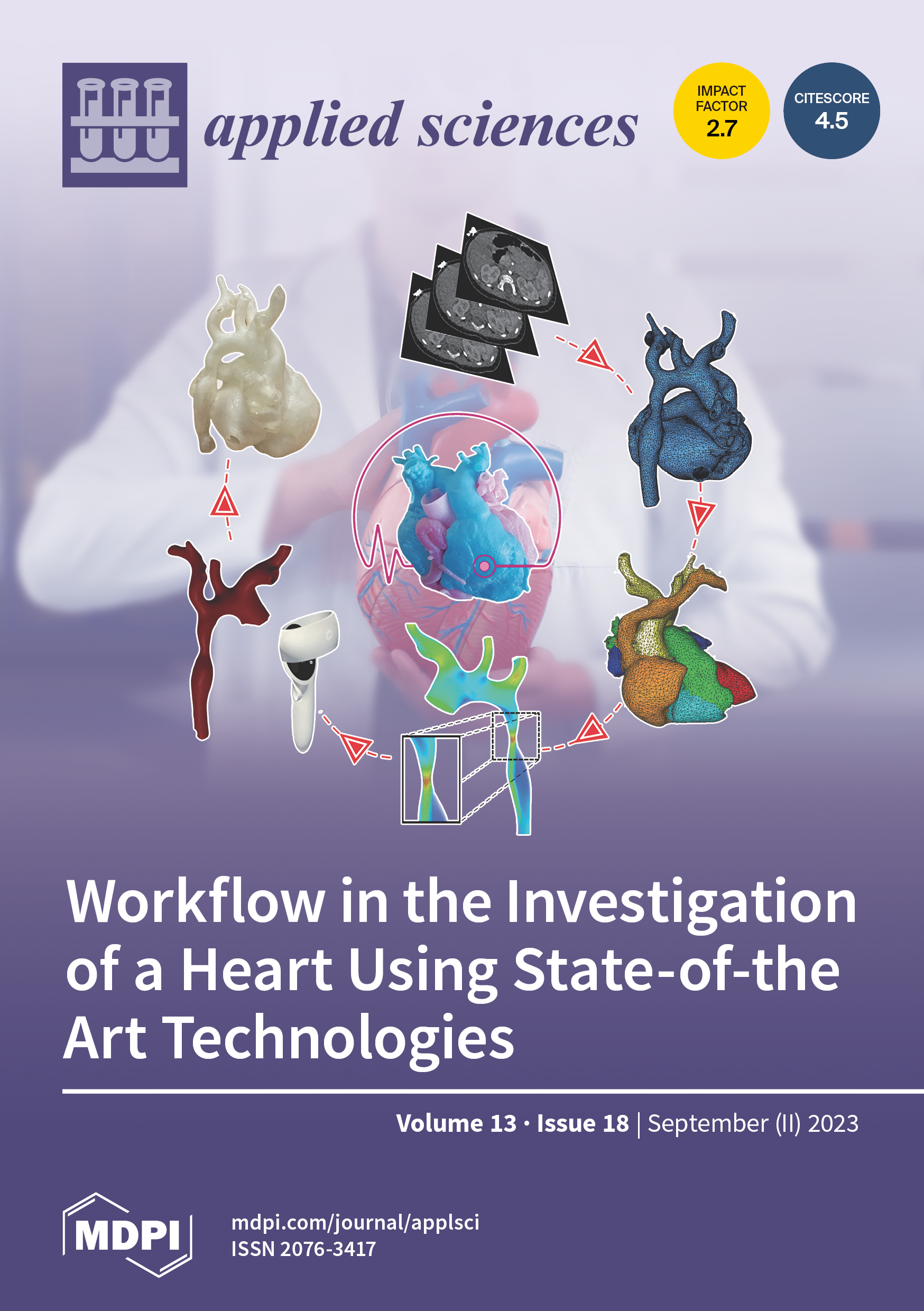To become a psychiatrist in Bitlife, you need to study psychology and complete a medical degree. If you’re fascinated by the mind and want to help people with mental health issues, becoming a psychiatrist in Bitlife might be the perfect career choice for you.
As a psychiatrist, you’ll diagnose and treat mental illnesses, providing therapy and medication to those in need. But how exactly can you embark on this rewarding career path? In Bitlife, a life simulation game, there are steps you need to take to become a psychiatrist.
From studying psychology to completing a medical degree, this guide will walk you through the process of becoming a successful psychiatrist in the virtual world of Bitlife. Let’s explore the necessary requirements and challenges you’ll have to overcome to achieve your dreams of helping others on their mental health journeys.
1. Understanding the Role of a Psychiatrist
Before delving into the process of becoming a psychiatrist in Bitlife, it’s essential to have a clear understanding of what the role entails. Psychiatrists play a vital role in mental healthcare, focusing on the diagnosis, treatment, and prevention of mental illnesses. They are highly trained medical professionals who work closely with patients to assess their mental health and provide appropriate therapeutic interventions. Let’s explore what psychiatry is all about, the duties and responsibilities involved, as well as the necessary skills and qualities required to excel in this field.
1.1 What is Psychiatry?
Psychiatry is a medical specialty that deals with the diagnosis, treatment, and prevention of mental disorders. It involves the study of the human mind, behavior, and the complex interplay between the biological, psychological, and social factors that influence mental health. Psychiatrists provide a range of interventions, such as psychotherapy, medication management, and counseling, to help individuals cope with mental health challenges. They also collaborate with other healthcare professionals to ensure comprehensive and holistic care for their patients.
1.2 Duties and Responsibilities
Psychiatrists have various duties and responsibilities to fulfill in their day-to-day practice. These include:
- Conducting thorough psychiatric assessments to evaluate patients’ mental health.
- Diagnosing mental illnesses based on symptoms, medical history, and diagnostic criteria.
- Developing and implementing treatment plans tailored to individual patient needs.
- Prescribing and monitoring medication to manage symptoms and improve mental well-being.
- Providing psychotherapy and counseling to help patients gain insights, cope with difficulties, and develop healthier coping mechanisms.
- Collaborating with other healthcare professionals, such as psychologists, social workers, and nurses, to ensure comprehensive care.
- Staying updated with the latest research and advancements in the field of psychiatry.
- Advocating for mental health awareness and reducing the stigma surrounding mental illnesses.
1.3 Skills and Qualities
To become a successful psychiatrist, certain skills and qualities are essential. These include:
- Empathy and compassion: Psychiatrists must possess a deep understanding of patients’ emotions and demonstrate empathy and compassion in their interactions.
- Effective communication: Good communication skills are crucial for establishing rapport with patients, understanding their concerns, and conveying treatment plans effectively.
- Problem-solving: Psychiatrists need strong problem-solving abilities to analyze complex situations and develop appropriate treatment strategies.
- Active listening: Active listening skills are vital for psychiatrists to fully understand patients’ experiences, concerns, and needs.
- Strong ethical principles: Psychiatrists must demonstrate ethical behavior, maintaining confidentiality and respecting patients’ autonomy and rights.
- Resilience: The field of psychiatry can be emotionally demanding, so resilience is essential for managing stress and maintaining personal well-being.
Developing these skills and qualities will better equip you for a successful career as a psychiatrist in Bitlife. Once you understand the nature of the role and the necessary skills, you can take the first steps to embark on this rewarding career.

Credit: bitlife-life-simulator.fandom.com
2. Education and Training Path
Obtaining the necessary education and training is a crucial step in the path to becoming a psychiatrist in BitLife. This process involves completing an undergraduate degree, attending medical school, and then pursuing a residency and fellowship. Let’s take a closer look at each of these stages.
2.1 Undergraduate Degree
Before entering medical school, aspiring psychiatrists in BitLife must first earn an undergraduate degree. This typically takes four years and can be pursued in a variety of fields, although a major in psychology or a related subject is often recommended. During this time, students may gain a foundational understanding of human behavior, develop critical thinking skills, and cultivate strong communication abilities.
2.2 Medical School
Once the undergraduate degree is obtained, the next step is to attend medical school. Medical school provides comprehensive training in the field of medicine and typically lasts for four years. During this time, students will learn about various medical specialties and gain a solid understanding of the human body and its functions. In addition, they will engage in clinical rotations, where they can apply their knowledge in practice and gain hands-on experience in different medical settings.
2.3 Residency and Fellowship
After completing medical school, aspiring psychiatrists must undergo a residency program, followed by a fellowship in a specialized area of psychiatry. The residency program usually lasts for about four years, during which time individuals work directly with patients, under the supervision of experienced psychiatrists. This allows them to develop clinical skills, diagnose mental health conditions, and learn how to provide effective treatment and therapy.
Following residency, some psychiatrists may choose to pursue a fellowship in a specific area of psychiatry, such as child and adolescent psychiatry or geriatric psychiatry. These fellowships provide additional specialized training and knowledge, allowing psychiatrists to better assist specific patient populations.
To sum up, the path to becoming a psychiatrist in BitLife involves completing an undergraduate degree, attending medical school, and undertaking a residency and fellowship. Each stage of this journey equips aspiring psychiatrists with the necessary knowledge and experience to provide quality mental healthcare and make a positive impact on the lives of their patients.
3. Gaining Clinical Experience
Once you have completed your medical education and obtained the necessary degrees, it is time to gain clinical experience in the field of psychiatry. This hands-on experience is crucial for developing the practical skills and knowledge required to become a successful psychiatrist. Here are three ways to gain clinical experience in Bitlife:
3.1 Internships and Clerkships
Internships and clerkships are excellent opportunities to gain practical experience in a professional setting. These positions allow aspiring psychiatrists to work closely with experienced professionals, observe their work, and actively participate in patient care. By taking part in these experiences, you will gain valuable insight into the clinical practice of psychiatry.
3.2 Volunteering
Volunteering is another way to gain clinical experience while also giving back to your community. Many mental health organizations and hospitals offer volunteer opportunities that allow individuals interested in psychiatry to interact with patients and learn from professionals. Volunteering provides a chance to develop important skills, build relationships, and make a positive impact on the lives of others.
3.3 Shadowing Experienced Psychiatrists
Shadowing experienced psychiatrists is a valuable learning experience that provides insight into the daily life and responsibilities of a psychiatrist. By observing professionals in action, you can gain a deeper understanding of the field and see how theory is applied in practice. This opportunity allows you to ask questions, seek mentorship, and learn first-hand from those with extensive experience in the field.
In conclusion, gaining clinical experience is essential for aspiring psychiatrists in Bitlife. By participating in internships and clerkships, volunteering, and shadowing experienced psychiatrists, you will build the practical skills, knowledge, and connections necessary to succeed in this rewarding field.

Credit: www.mdpi.com
4. Continuing Professional Development
As a psychiatrist in Bitlife, continuing professional development (CPD) is essential to stay up-to-date with the latest advancements in the field and enhance your skills. It involves actively engaging in various activities that contribute to your ongoing learning and growth. Here are a few key aspects of CPD that can help you excel as a psychiatrist:
4.1 Continuing Education
Continuing education plays a vital role in expanding your knowledge base and staying informed about new therapies, treatments, and research. Take advantage of the educational opportunities available by enrolling in online courses, attending seminars, or pursuing a higher degree in psychiatry. By continuing your education, you can enhance your expertise and provide better care for your patients.
4.2 Attending Conferences and Workshops
Attending conferences and workshops allows you to connect with experts in the field, share ideas, and stay updated on the latest trends and advancements. These events provide valuable networking opportunities where you can learn from fellow professionals and participate in discussions that broaden your perspective. Keeping yourself engaged in such gatherings can enrich your professional growth and provide you with fresh insights.
4.3 Joining Professional Organizations
Joining professional organizations dedicated to psychiatry is a great way to stay connected with the larger community and access valuable resources. These organizations often offer a range of benefits, such as access to journals, newsletters, and research findings. By becoming a member, you can stay informed about current issues, research breakthroughs, and new treatment modalities. Additionally, active participation in meetings and events organized by these organizations helps you foster professional relationships and collaborate with like-minded individuals.

Credit: www.mdpi.com
Conclusion
Becoming a psychiatrist in Bitlife requires dedication, education, and making strategic choices throughout your character’s life. By pursuing a degree in psychology, obtaining a medical degree, and specializing in psychiatry, you can unlock the path to becoming a successful psychiatrist.
Remember to prioritize mental health and help your patients through counseling and medication. So, embark on your Bitlife journey and build a fulfilling career in the field of psychiatry!
